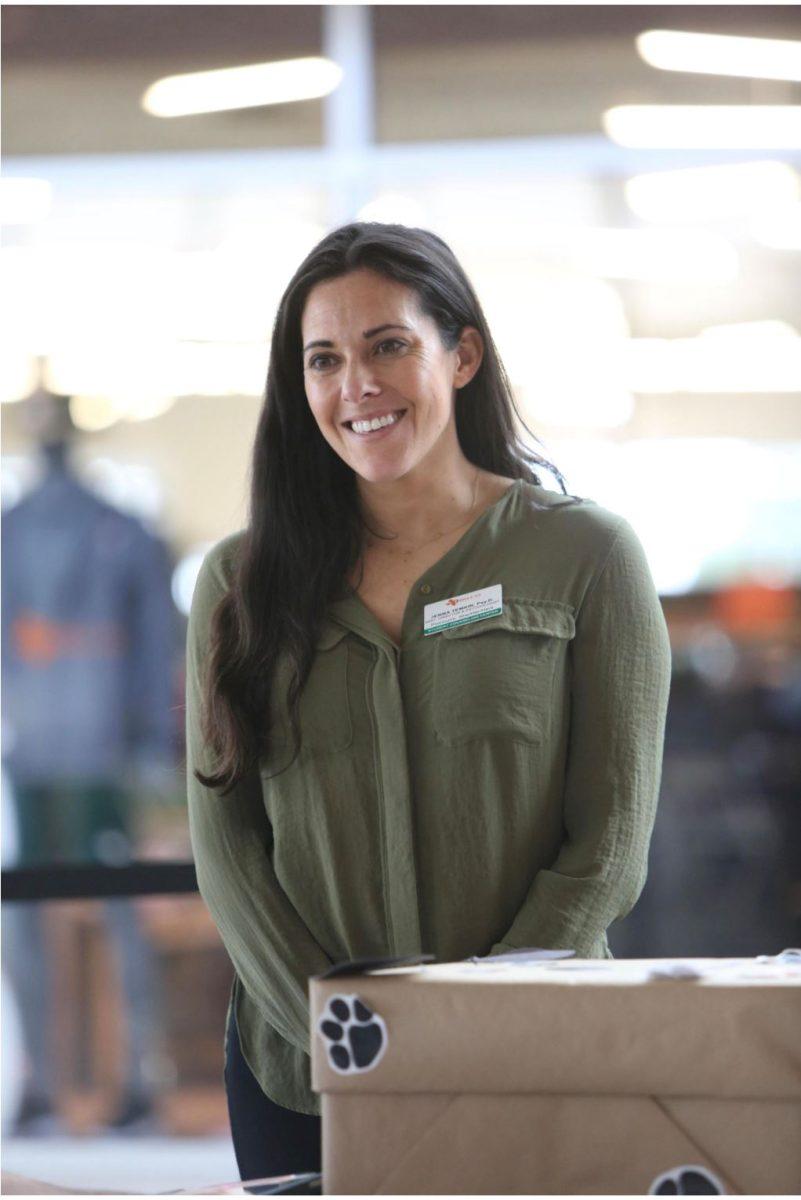Staff adjusts to online switch amidst coronavirus pandemic
UTD’s Student Counseling Center has transitioned to online teletherapy in response to the spread of the novel coronavirus. Without a clear date for their return to in-person operations, the counseling center has begun creating more online resources, adjusting to better serve the student body remotely.
Following reports of COVID-19 spreading in the U.S. in late February, the SCC initially scaled back their operations by suspending group counseling sessions and limiting personal therapy. Clinical director Jenna Temkin said they began to make the switch before spring break following a directive from University President Richard Benson.
“Initially, we were just responding to encouragement around social distancing. We took steps to go ahead and suspend our group counseling program,” Temkin said. “We weren’t necessarily planning on permanently canceling them, but to just suspend them for a few weeks to help with social distancing.”
UTD is not the only university to introduce online counseling, with Baylor University, the University of Houston and other campuses introducing forms of teletherapy for students. While the domestic spread of COVID-19 has recently incentivized schools to use online counseling, the last decade has seen teletherapeutic services become more popular in university settings, according to the Association for University and College Counseling Directors.
To make the transition, the SCC spent three weeks preparing, working through spring break. Despite all their preparation, Temkin said an ongoing challenge was letting the student body know that they were still offering services.
“Our biggest priority is supporting the students. We are all still providing our services so that students can receive mental health support,” Temkin said. “They can receive individual counseling, they can receive psychiatric services.”
Part of the SCC’s preparations included training the staff to ensure they would be able to effectively provide online counseling. In addition to helping them provide remote treatment, Temkin said their training helped ensure the counselors would be better able to navigate self-isolation themselves.
“We as practitioners are also going through something that is absolutely traumatizing. It’s something very new and unique, something that none of us have ever experienced before, and we are human,” Temkin said. “We ourselves have made sure to be supporting one another, but … I think one way, as a provider, that helps (us) feel grounded in what we’re doing is going to get training and to have consultation readily available if it’s needed. I think that’s something that we’ve done a really good job of setting up from the get-go, making sure that we all feel really ready to dive into teletherapy.”
Beyond training for and becoming accustomed to online counseling, Temkin said many of the center’s practitioners independently sought out specialized teletherapy training, such as telehealth and remotely treating eating disorders. As the center completes their transition, she said there may be an online re-introduction of group therapy.
For students interested in accessing online counseling, the counseling center’s website allows for registration and scheduling. The pre-existing registration system, which consists of brief surveys and forms, has simply transitioned to an online format.
The counseling center has also created auxiliary online services to better support students’ needs. Their new YouTube channel, UT Dallas Student Counseling Center, features webinars teaching coping skills to help students transition to virtual classes. Their most recent video addresses the anxiety students may face when moving back home, encouraging and explaining familial communication and self-reflection during the transition. In providing online content, Temkin said the center hopes to make the its educational and supportive resources easy to find and use.
“Many students are returning to spaces, or now have been forced to return to spaces that maybe are toxic or abusive, so we’re going to be putting out resources around how to cope if you’re finding yourself living in a space that does not feel safe,” Temkin said. “Our hope is that we’re putting out resources in lots of different ways that makes them as accessible as possible to students.”
The counseling center has prepared for long-term online counseling until UTD returns to regular operations. Temkin said the center could continue to provide online therapy even after returning to in-person sessions.
“Right now, this is more of a temporary plan. But if we felt the need from students that this was a really effective form of service, we certainly would consider offering it,” Temkin said. “Once we are back on campus, we look forward to seeing students in-person and continuing to engage in that as much as possible.”
As the university continues to adjust to the effects of COVID-19, Temkin said she hoped to see members of the university continue to hold compassion for one another and move forward together.
“We are a counseling center that, beyond just focusing on mental health, focuses on social justice and being inclusive and in treating others equitably. I think what we see with something like this is absolutely racism and xenophobia … and that of course is connected then to someone’s mental health and the ways they’re experiencing this,” Temkin said. “My hope in all of this is that we can continue to find connections with one another so that we can continue to hold compassion for others, but also for ourselves as we face a time that is unprecedented.”











